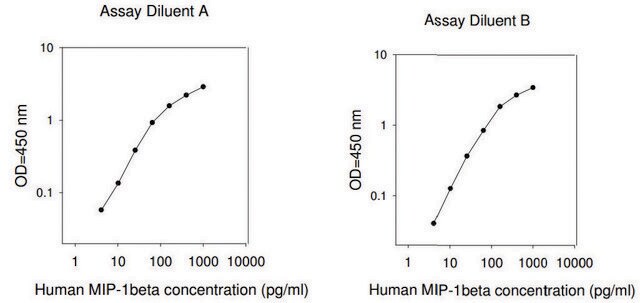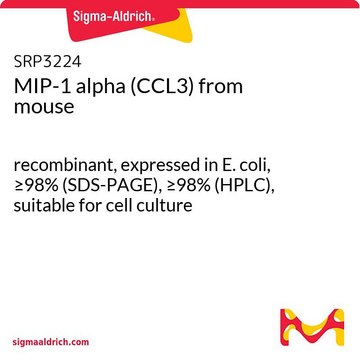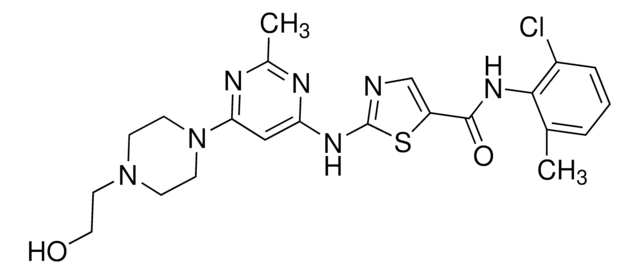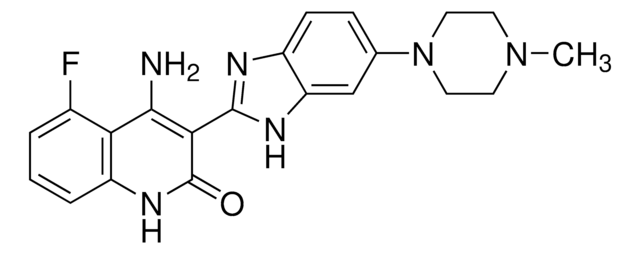SRP3115
MIP-1 beta (CCL4) human
recombinant, expressed in E. coli, ≥98% (SDS-PAGE), ≥98% (HPLC), suitable for cell culture
Sinónimos:
ACT-2, CCL4
About This Item
Productos recomendados
origen biológico
human
recombinante
expressed in E. coli
Análisis
≥98% (HPLC)
≥98% (SDS-PAGE)
formulario
lyophilized
mol peso
7.6 kDa
envase
pkg of 10 μg
técnicas
cell culture | mammalian: suitable
impurezas
<0.1 EU/μg endotoxin, tested
color
white to off-white
Nº de acceso UniProt
Condiciones de envío
wet ice
temp. de almacenamiento
−20°C
Información sobre el gen
human ... CCL4(6351)
Descripción general
Acciones bioquímicas o fisiológicas
Secuencia
Forma física
Reconstitución
Código de clase de almacenamiento
11 - Combustible Solids
Clase de riesgo para el agua (WGK)
WGK 3
Punto de inflamabilidad (°F)
Not applicable
Punto de inflamabilidad (°C)
Not applicable
Certificados de análisis (COA)
Busque Certificados de análisis (COA) introduciendo el número de lote del producto. Los números de lote se encuentran en la etiqueta del producto después de las palabras «Lot» o «Batch»
¿Ya tiene este producto?
Encuentre la documentación para los productos que ha comprado recientemente en la Biblioteca de documentos.
Nuestro equipo de científicos tiene experiencia en todas las áreas de investigación: Ciencias de la vida, Ciencia de los materiales, Síntesis química, Cromatografía, Analítica y muchas otras.
Póngase en contacto con el Servicio técnico








